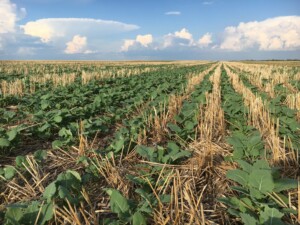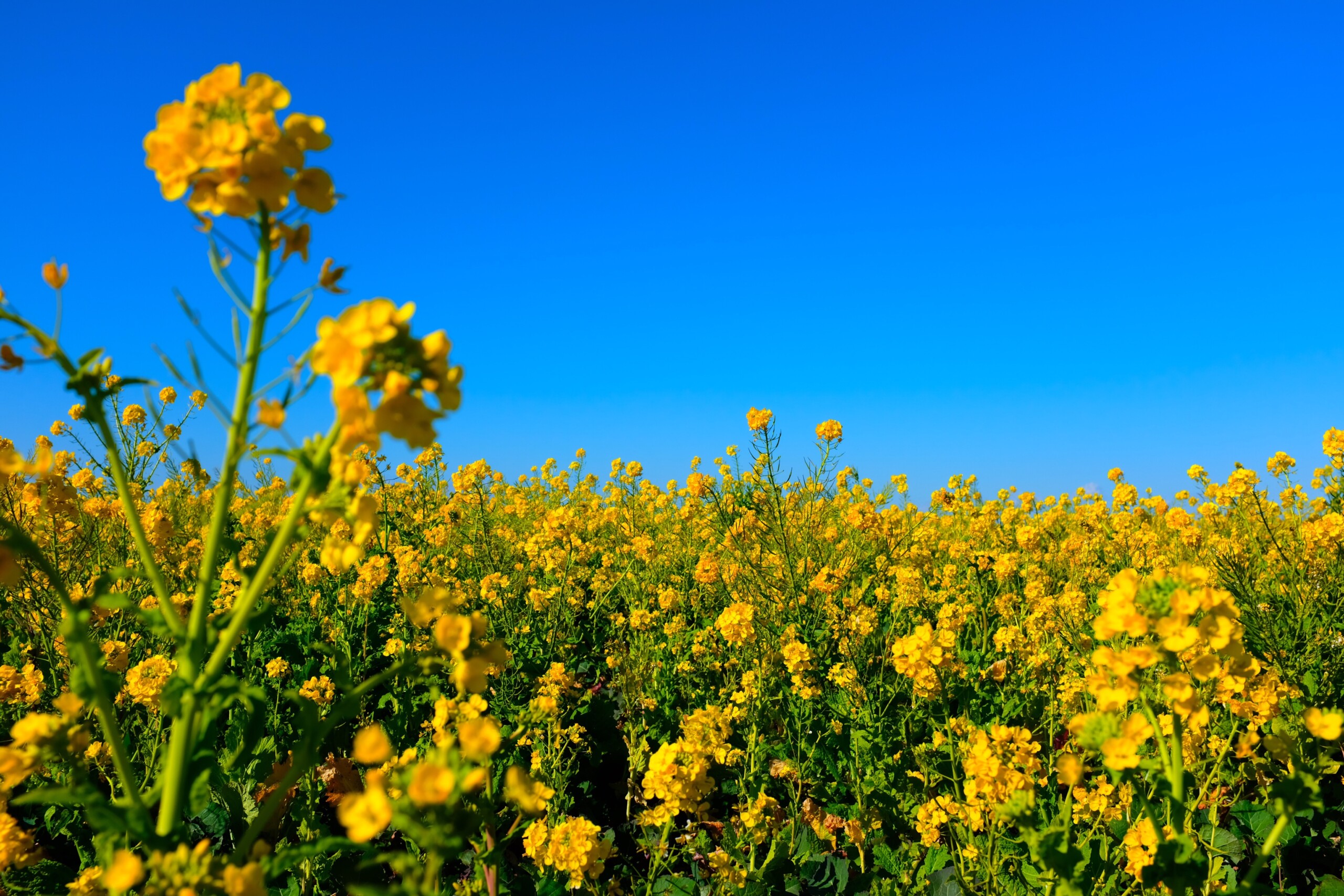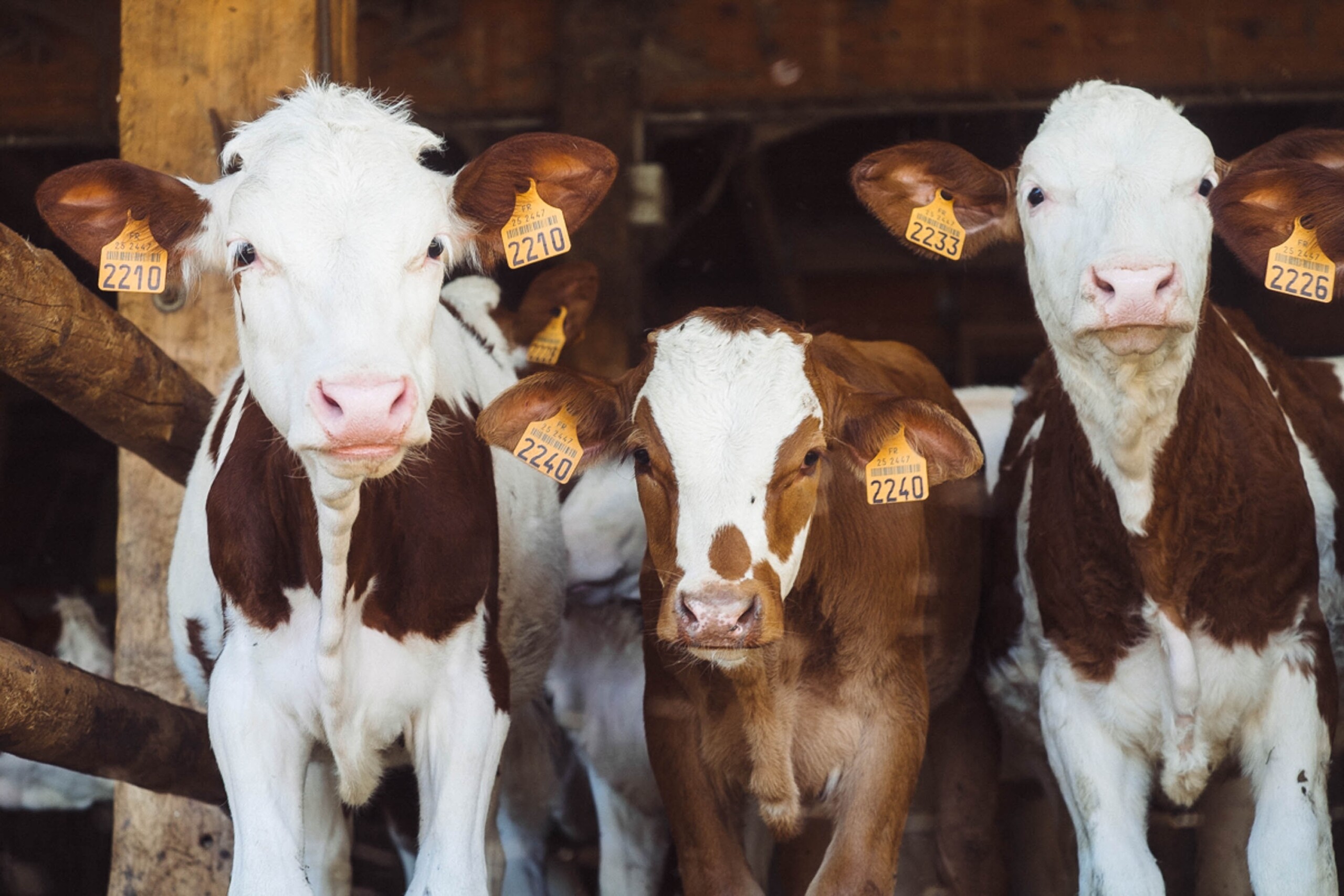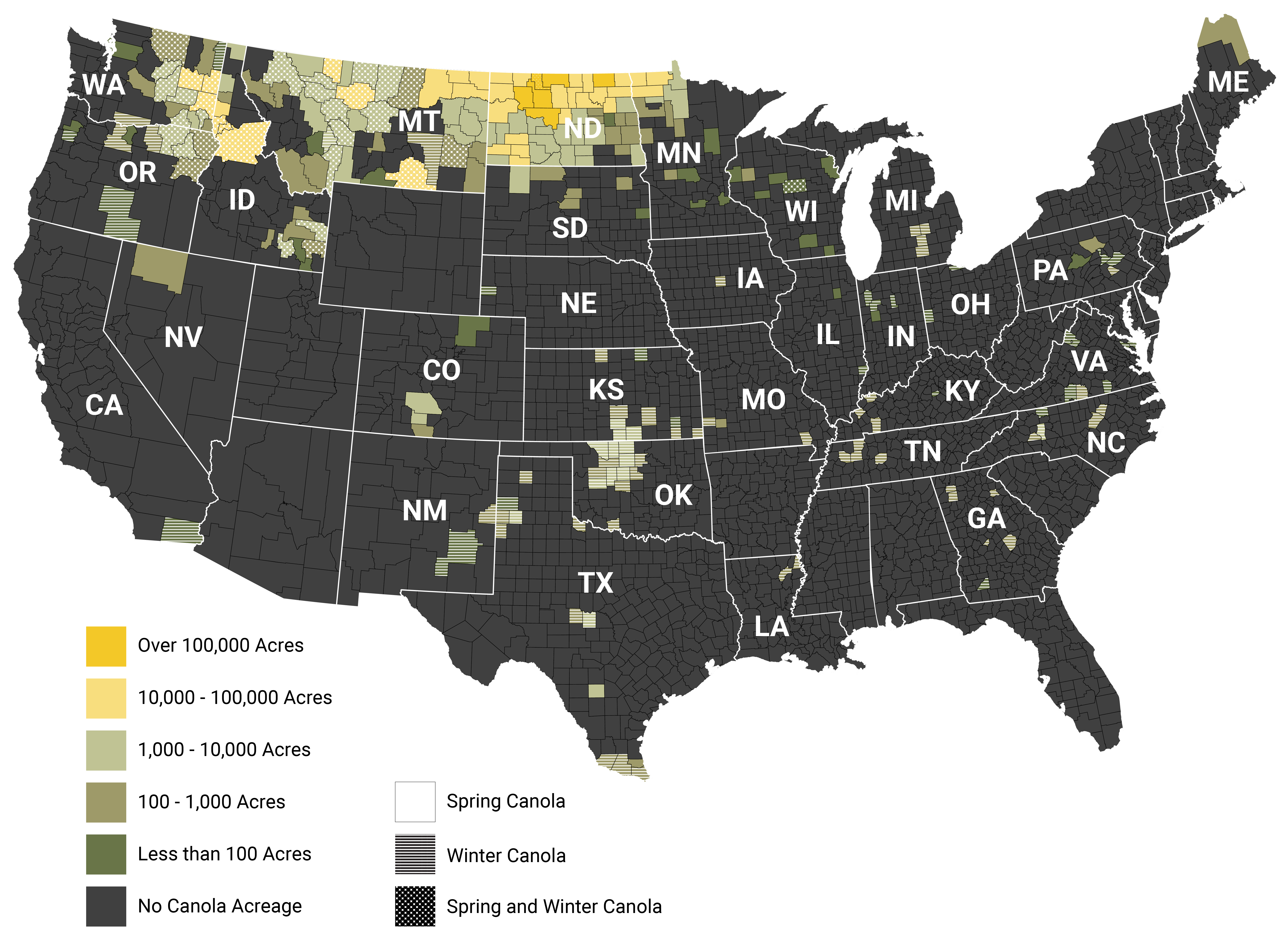
The U.S. Department of Agriculture (USDA) announced that producers can now enroll in the Farm Service Agency’s (FSA’s) Agriculture Risk Coverage and Price Loss Coverage programs for the 2024 crop year. The deadline to complete enrollment is March 15, 2024. If producers do not submit their election revision by then, their election remains the same as 2023. “These programs provide critical financial protections against commodity market volatilities for many American farmers,” said FSA Administrator Zach Ducheneaux.
 The Low Carbon Fuels Coalition, of which the U.S. Canola Association (USCA) is an associate member, provided an update on changes proposed by the California Air Resources Board (CARB) that would impact canola oil-based renewable fuels. The coalition reports that on Dec. 19, CARB staff issued proposed amendments to the California Low Carbon Fuel Standard. CARB will hold a public hearing on March 21, 2024 to the amendments and will accept written comments on them between Jan. 5 and Feb. 20. They propose to: 1) increase the stringency of the program to more aggressively decarbonize fuels; 2) strengthen the program’s equity provisions to promote investment in disadvantaged, low-income, and rural communities; 3) support electric and hydrogen truck refueling; and 4) reduce methane emissions. If adopted, CARB expects these changes to lead to a 90% reduction in the carbon intensity of California transportation fuels by 2045.
The Low Carbon Fuels Coalition, of which the U.S. Canola Association (USCA) is an associate member, provided an update on changes proposed by the California Air Resources Board (CARB) that would impact canola oil-based renewable fuels. The coalition reports that on Dec. 19, CARB staff issued proposed amendments to the California Low Carbon Fuel Standard. CARB will hold a public hearing on March 21, 2024 to the amendments and will accept written comments on them between Jan. 5 and Feb. 20. They propose to: 1) increase the stringency of the program to more aggressively decarbonize fuels; 2) strengthen the program’s equity provisions to promote investment in disadvantaged, low-income, and rural communities; 3) support electric and hydrogen truck refueling; and 4) reduce methane emissions. If adopted, CARB expects these changes to lead to a 90% reduction in the carbon intensity of California transportation fuels by 2045.
The USCA is joining other agricultural and plant science groups to express support for proposed exemptions to genetic modifications in plants. The USDA’s proposal would exempt additional plant varieties that are indistinguishable from and pose no greater plant pest risk than conventional varieties and thus do not warrant continued oversight. Comments from the above groups express general support for the proposal, which would offer several exemptions for genetic modifications that could have resulted from conventional breeding, while making recommendations for improving or clarifying the proposed exemptions. The USDA extended the comment period until Jan. 12, 2024.

The USCA supports efforts led by Rep. Panetta (D-CA) and Rep. Newhouse (R-WA) requesting that the House Agriculture Committee work to reduce regulatory burdens on plant products developed using the latest plant breeding tools like genome editing using risk-based criteria. The Environmental Protection Agency (EPA) recently finalized a rule regarding plant-incorporated protectants (PIPs), which many stakeholders view as a missed opportunity for the agency to reduce regulatory burdens on plant products developed with technologies that promote sustainable agriculture and mitigate environmental impacts. Reps. Panetta and Newhouse are urging the House Agriculture Committee to use the farm bill to course correct regarding regulatory scope and ensure that any burdens imposed on researchers and developers are risk proportionate. (Photo: Canola Council of Canada)
 On Nov 22, the EPA released an update to its Vulnerable Species Pilot (VSP) to “help the public better understand the status of this initiative.” As part of implementing the Agency’s Endangered Species Act workplan, the EPA released the draft VSP white paper on June 22, 2023, which identified 27 federally threatened and endangered (listed) species that are vulnerable to pesticides, identified and proposed mitigations to minimize or avoid pesticide exposure, and described an approach to implement the mitigation in future pesticide decisions. The EPA provided a 45-day public comment period on the draft white paper and associated technical document. It received more than 10,000 comments from a diverse set of groups, including the USCA. The EPA will release the next update in September 2024.
On Nov 22, the EPA released an update to its Vulnerable Species Pilot (VSP) to “help the public better understand the status of this initiative.” As part of implementing the Agency’s Endangered Species Act workplan, the EPA released the draft VSP white paper on June 22, 2023, which identified 27 federally threatened and endangered (listed) species that are vulnerable to pesticides, identified and proposed mitigations to minimize or avoid pesticide exposure, and described an approach to implement the mitigation in future pesticide decisions. The EPA provided a 45-day public comment period on the draft white paper and associated technical document. It received more than 10,000 comments from a diverse set of groups, including the USCA. The EPA will release the next update in September 2024.
The Center for Food Safety, Beyond Pesticides and several farmworker advocacy groups are requesting the EPA cancel the registration for glyphosate following a federal court decision regarding the agency’s human health assessment. The groups filed an administrative petition with the EPA arguing the registration is illegal. The petition contends that the glyphosate registration is “based on a risk assessment conducted 30 years ago that fails to account for the 10-fold increase in use driven largely by over-the-top applications of glyphosate to crops genetically engineered to resist it.” There is no specific timeframe required by law for the EPA to respond to the petition.
 The biofuel market has gotten a lot of buzz recently, but is it a recent development? No, notes U.S. Canola Association Executive Director Tom Hance in this month’s USCA Blog. In the canola industry, biofuel production started in 2005 with the establishment of a $1.00 per gallon federal tax credit for biodiesel. Since then, the federal Renewable Fuel Standard was enacted and by 2025, eligible biofuels will be based on carbon intensity scores. The U.S. Canola Association is working with the U.S. Department of Energy’s Argonne National Lab and researchers at Purdue University to update values for canola indirect land use change, establish a separate lifecycle analysis for winter canola and incorporate canola oil-based biofuels into Argonne’s GREET model, which is preferred by many stakeholders.
The biofuel market has gotten a lot of buzz recently, but is it a recent development? No, notes U.S. Canola Association Executive Director Tom Hance in this month’s USCA Blog. In the canola industry, biofuel production started in 2005 with the establishment of a $1.00 per gallon federal tax credit for biodiesel. Since then, the federal Renewable Fuel Standard was enacted and by 2025, eligible biofuels will be based on carbon intensity scores. The U.S. Canola Association is working with the U.S. Department of Energy’s Argonne National Lab and researchers at Purdue University to update values for canola indirect land use change, establish a separate lifecycle analysis for winter canola and incorporate canola oil-based biofuels into Argonne’s GREET model, which is preferred by many stakeholders.


 Although flea beetles were not as much of an issue this year as in the past, it’s always good to be prepared and prevent them in the future.
Although flea beetles were not as much of an issue this year as in the past, it’s always good to be prepared and prevent them in the future.  The journal
The journal  The
The Looking to priorities for the new year,
Looking to priorities for the new year,  Want to see exactly where canola is growing in the United States? The USCA has a canola acreage map by county on its
Want to see exactly where canola is growing in the United States? The USCA has a canola acreage map by county on its